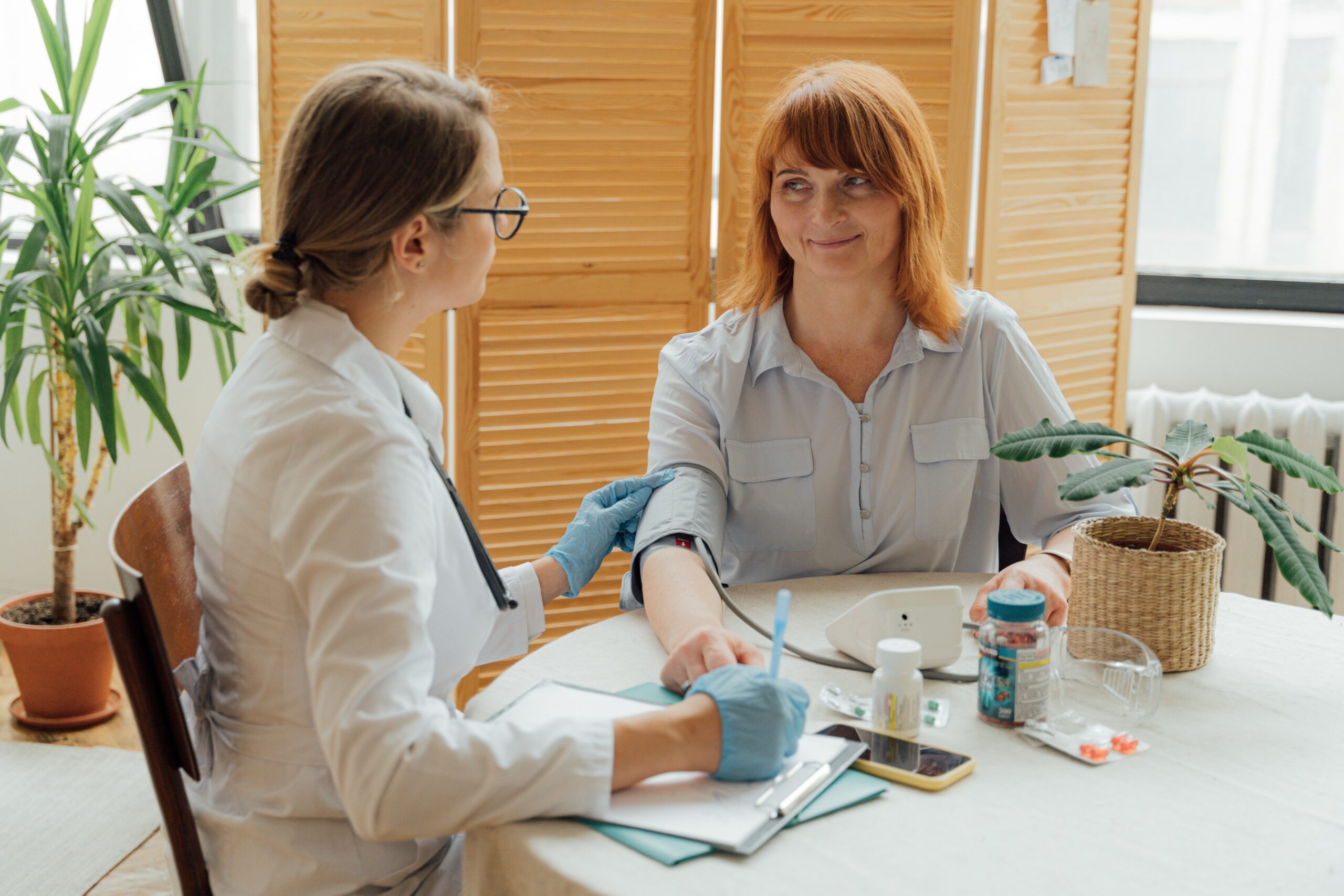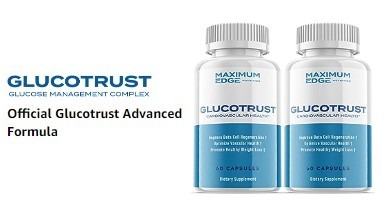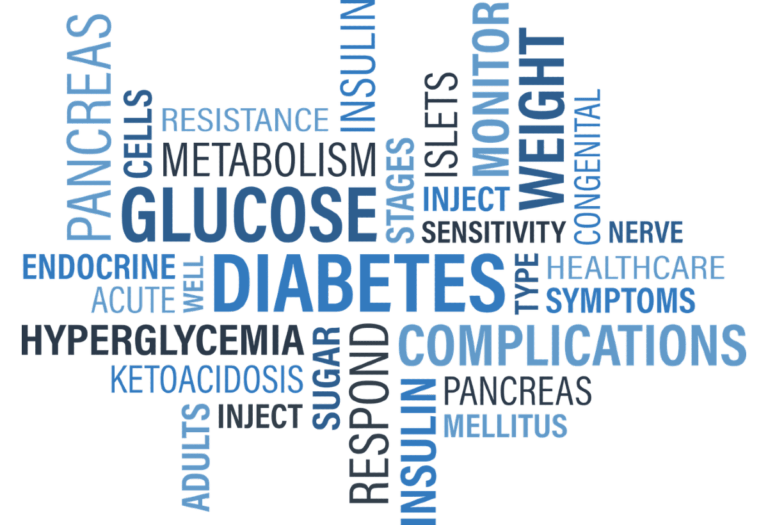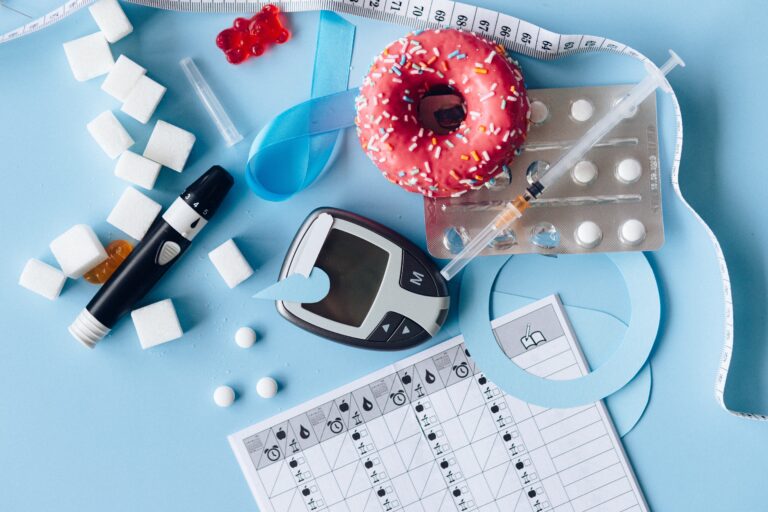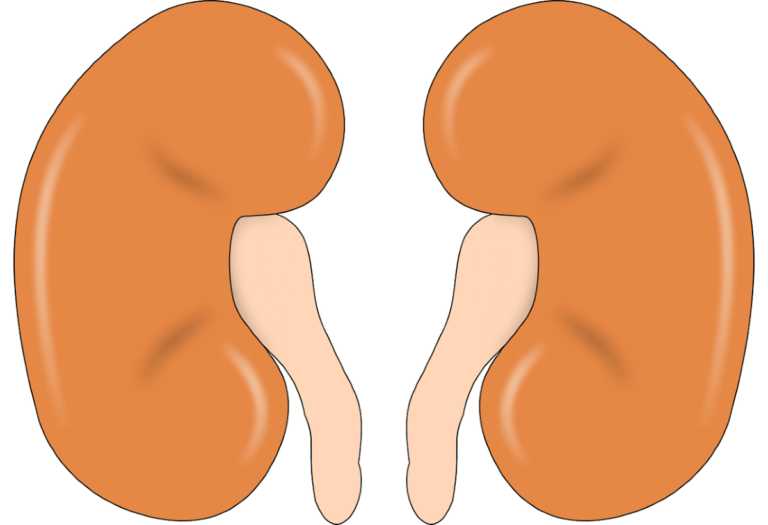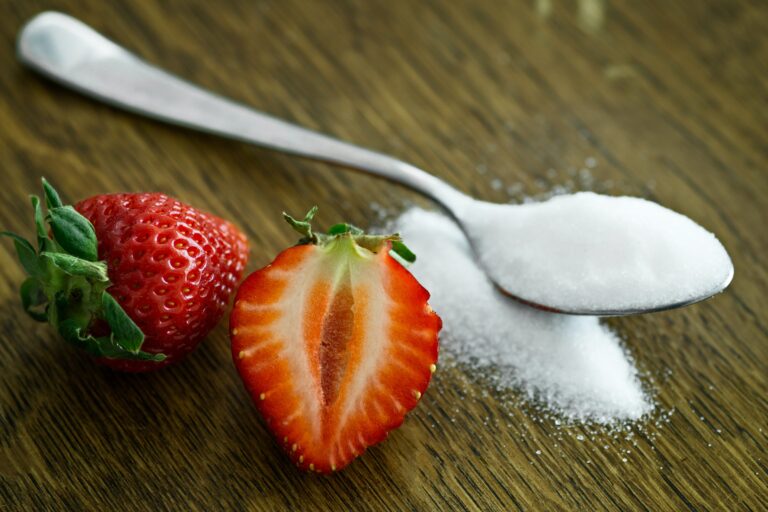Diabetes Treatment
Diabetic symptoms beginning for the first time after age 30 can frequently be reversed completely by simple non-medical treatment. Even with the more serious type of diabetes beginning early in life these approaches help a great deal; however, insulin treatment is usually also necessary in early-onset diabetes.
Unfortunately, no cure has yet been found for diabetes mellitus, and treatment is necessary for rest of your life once the disease is discovered. Since you administer most of that treatment yourself, its effectiveness will depend mainly on you.
Diabetes Treatments:
- Non insulin-dependent diabetes – Type II
Diet alone can control this form of the disease in many cases. The diet restricts the amount of carbohydrates you eat. If you are overweight, staying on this diet will reduce your weight significantly. The number of calories you are allowed each day will vary between 800 and 1500, depending on your weight and other factors such as height. Generally you should eat small portions of carbs at regular intervals, so that there are no extreme variations in the glucose content of your blood. Make sure your diet does not contain sugar and does contain enough fiber by eating whole grain bread and plenty of salads, fruit, and vegetables.
In mild cases, merely avoiding the concentrated sugar of candy, cake, cookies, and sugar-sweetened drinks can be enough to bring your blood-glucose level down to normal. Even if you keep strictly to your diet, you may find sooner or later that your tests show your condition to be getting worse. Then your physician may prescribe hypoglycemic tablets, which lower blood glucose.
- Insulin-dependent diabetes – Type I
This form of the disorder is treated with a combination of a controlled diet and daily injections of insulin extracted from beef or pig pancreas to replace the insulin that is missing. Insulin can be taken only by injection. If you take insulin by mouth, it is destroyed by digestive juices before it can be absorbed into your bloodstream. You will be shown how to use a syringe to inject the insulin just under the skin of your thigh, arm or abdomen.
You must keep rigorously to the timetable of meals and snacks advised by your physician. This keeps the supply of glucose to the blood steady, so that regular doses of insulin always act on approximately the same amount of glucose. Your physician will advise you to check on the effectiveness of your treatment by means of the same kind of urine tests that non insulin-dependent diabetics use.
Today, diabetics can determine their their blood glucose not by urine tests but by blood tests, which are more precise. You prick your finger to produce a drop of blood, and use a specially treated plastic strip or a small battery-operated meter to measure the level of glucose in your blood. The use of blood tests makes it possible for you to maintain a stricter control of your diabetes.
Self discipline is essential if you are to control your diabetes successfully. Ask your doctor if you can engage in strenuous activities such as fast-paced sports or even heavy digging in the garden, since exercise burns up glucose and may bring on hypoglycemia.

